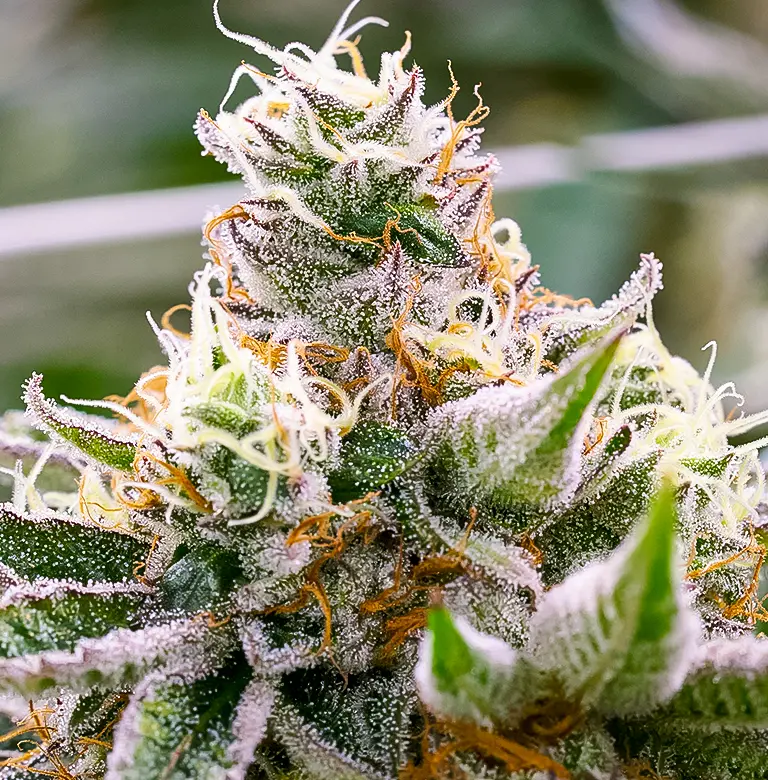The Recovery Power of Medical Cannabis: a Deep Study Its Potential to Deal With Different Ailments
In recent years, the conversation around the healing capacity of clinical cannabis has actually acquired significant grip within the medical community. The developing landscape of clinical cannabis offers a complex tapestry of prospective advantages that call for a closer examination, shedding light on a realm of therapy possibilities that proceed to intrigue experts and patients alike.
Restorative Advantages of Clinical Marijuana
In the realm of modern medication, the restorative advantages of clinical marijuana have become a promising method for treating different health conditions. The active compounds in cannabis, recognized as cannabinoids, communicate with the body's endocannabinoid system to create a variety of results that can be useful for people. Among one of the most well-known cannabinoids is cannabidiol (CBD), which has gotten focus for its possible anti-inflammatory, analgesic, and anxiolytic buildings without the copyright results commonly related to tetrahydrocannabinol (THC)
Clinical cannabis has shown certain pledge in minimizing persistent pain, spasticity connected with multiple sclerosis, nausea and vomiting in chemotherapy clients, and symptoms of certain neurological conditions like epilepsy. Study is additionally discovering its capacity in managing psychological health and wellness problems such as anxiety, clinical depression, and trauma. Furthermore, clinical cannabis is being examined for its anti-inflammatory properties, which can have ramifications for problems like arthritis and inflammatory bowel condition.
Easing Chronic Pain With Cannabis
Having actually demonstrated efficacy in attending to a spectrum of health conditions, clinical cannabis especially shines in its capacity to supply alleviation for individuals facing persistent pain. Persistent discomfort, identified by its perseverance and debilitating nature, influences millions worldwide, often dramatically impacting quality of life. Standard discomfort administration techniques, such as opioids, may include unfavorable side effects and the threat of dependency, driving numerous patients to seek alternative options.
Medical cannabis has emerged as an encouraging alternative for persistent pain management due to its analgesic buildings. Researches have actually revealed that clinical marijuana can successfully ease persistent pain associated with problems like arthritis, fibromyalgia, several sclerosis, and neuropathy.

Handling Stress And Anxiety and Tension
Medical cannabis offers a viable choice for people seeking alleviation from anxiety and stress and anxiety due to its potential calming effects on the body and mind. By potentially affecting the release of neurotransmitters and modulating stress and anxiety action, clinical marijuana reveals pledge in offering an all-natural choice for managing these conditions.
Moreover, unlike traditional anti-anxiety medications that may include unwanted side impacts or risk of dependency, medical cannabis uses a possibly more secure alternative for individuals wanting to alleviate anxiety and tension. It is essential for individuals thinking about clinical cannabis for these functions to consult with a health care supplier experienced concerning medical marijuana to guarantee risk-free and effective use.
Marijuana for Neurological Problems
Study has shown encouraging capacity in making use of marijuana for handling neurological conditions. Neurological disorders encompass a variety of conditions affecting the mind, urgent care hours near me back cable, and nerves, such as epilepsy, numerous sclerosis, Parkinson's condition, and Alzheimer's condition. Cannabis, with its active compounds like THC and CBD, has actually demonstrated neuroprotective, anti-inflammatory, and antioxidant properties that might benefit people with these problems.

While even more clinical tests are required to fully comprehend the effectiveness and safety and security of cannabis for neurological problems, first searchings for are encouraging and warrant additional investigation right into the healing possibility of this plant for enhancing the lives of those impacted by such problems. - Medical Marijuana near me
Potential of Cannabis in Cancer Cells Therapy
The broadening perspective of clinical cannabis applications includes the capacity of leveraging its properties in cancer treatment, supplying a brand-new method of expedition in using the healing advantages of this plant for resolving complicated wellness obstacles. Marijuana shows guarantee in cancer therapy due to its possible to alleviate symptoms associated with the condition and its therapy, such as pain, nausea, and loss of appetite. Additionally, cannabinoids, the energetic substances in cannabis, have shown anti-tumor impacts in preclinical studies, revealing their possibility in preventing the growth of cancer cells.
In addition, marijuana may assist in taking care of the side impacts of traditional cancer cells treatments like chemotherapy, possibly enhancing individuals' high quality of life during therapy. While more study is needed to totally comprehend the devices behind cannabis's potential anti-cancer residential or commercial properties and its efficacy in different kinds of cancers, the preliminary searchings for suggest that clinical cannabis can play an important duty in the future of cancer cells therapy. As the exploration of cannabis in oncology proceeds, it holds guarantee as a corresponding technique to conventional cancer therapies, offering individuals a potentially efficient and well-tolerated choice in their treatment regimens.
Verdict
To conclude, medical marijuana has actually shown promising capacity in dealing with a range of ailments, including chronic pain, anxiousness, anxiety, neurological problems, and cancer cells. Its therapeutic advantages have been significantly recognized by the clinical area, with continuous study highlighting its performance in managing these conditions. As more researches are performed, medical cannabis might come to be an important her response treatment choice for people dealing with these debilitating conditions.
In current years, the discussion around the therapeutic potential of medical cannabis has actually obtained significant traction within the medical community. The developing landscape of medical cannabis presents a complex tapestry of prospective advantages that call for a closer evaluation, shedding light on a realm of treatment read here possibilities that continue to intrigue professionals and patients alike.
